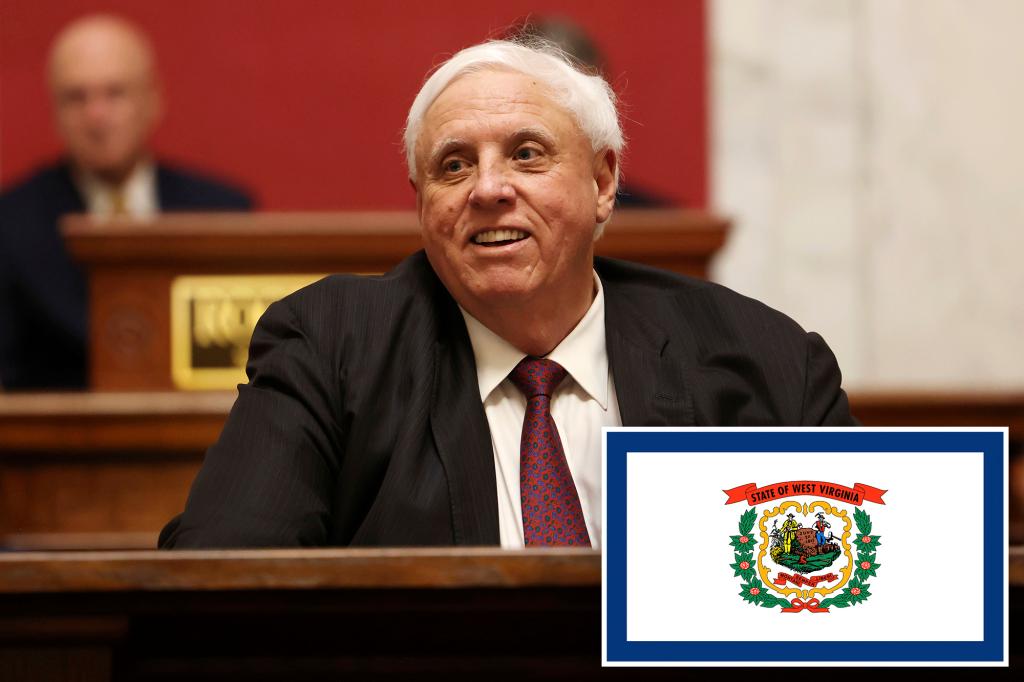Republican West Virginia Gov. Jim Justice emerged victorious in the state’s GOP Senate primary, defeating Rep. Alex Mooney with 61.5% of the vote. Several other candidates in the GOP field garnered less than 3.1% of the vote individually. Justice expressed gratitude for the support and trust of West Virginia voters and emphasized his commitment to an America-First agenda in his bid for the Senate, where he aims to succeed retiring Sen. Joe Manchin.
The Democratic Senate primary in West Virginia featured a three-way race between Glenn Elliott, Zachary Shrewsbury, and Don Blankenship. The winner of this primary was too close to call. Justice, who was originally a Democrat before switching parties at a rally for former President Donald Trump in 2017, received an endorsement from Trump for his 2024 Senate bid last October. The 73-year-old governor is considered a heavy favorite in the general election to flip the seat currently held by Manchin, the only Democrat in West Virginia’s congressional delegation.
With Trump receiving over 68% of the vote in the state in both the 2016 and 2020 presidential elections, West Virginia is known as a deeply red state. Democrats currently hold a slim 51-49 majority in the Senate, and they must defend 23 seats this cycle compared to Republicans who only need to protect 11 seats. Justice, who is term-limited and ineligible to seek a third term as governor, faced contenders from both parties in the state’s gubernatorial primary, with Democratic Mayor Steve Williams running uncontested and Republicans Patrick Morrisey and Moore Capito locked in a close race.
The 2022 Senate election in West Virginia holds significant implications for control of the Senate, with Justice’s potential victory seen as essential for Republicans to flip the seat held by the centrist Manchin. If successful in November, Justice would contribute to the GOP’s efforts to secure and maintain a majority in the Senate. The outcome of the general election will determine the future representation of West Virginia in the Senate, influencing the state’s political landscape and alignment in national politics.
As the race for West Virginia’s Senate seat intensifies, the battle between Justice and his Democratic counterparts underscores the political divisions and priorities within the state. Justice’s platform emphasizes the America-First agenda and aligns with his shift to the Republican Party, signaling his commitment to conservative principles and policies. The results of the Senate election will shape the state’s congressional delegation and could impact legislative decisions at the federal level, reflecting the preferences and priorities of West Virginia voters in shaping the future of their representation in Washington.


